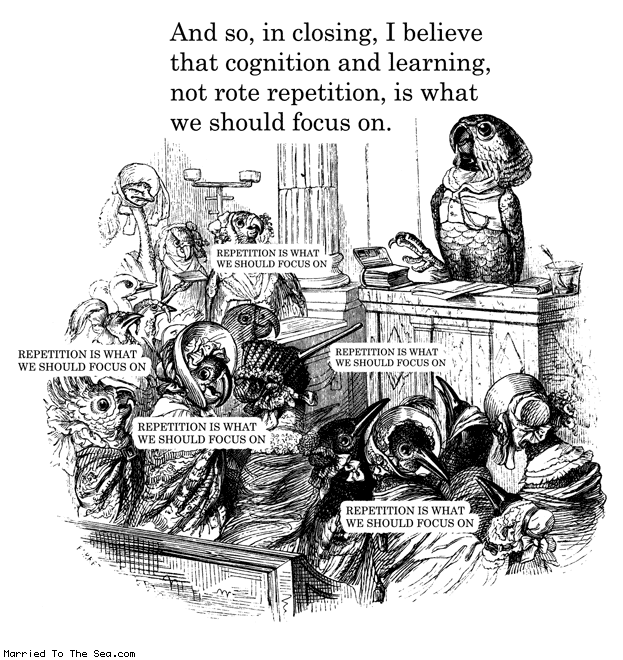Moderators: LSA Special Interest Group on Biolinguistics coordinators
Kleanthes K. Grohmann, University of Cyprus (kleanthi@ucy.ac.cy)
Bridget Samuels, California Institute of Technology (bridget.samuels@gmail.com)
The goal of biolinguistics is to explore theories of language that are biologically plausible as part of an effort to explain how the faculty of language arises both ontogenetically (over the course of an individual's lifetime) and phylogenetically (on an evolutionary timescale). The LSA Special Interest Group on Biolinguistics, founded in 2009, seeks to explore these questions as well as to help the field of biolinguistics define itself by, as stated in the SIG description, 'helping to identify what makes biolinguistics 'bio' (and 'linguistic'), initiate discussions on how it differs from previous models of generative grammar (and how it doesn't), debate whether generative grammar is actually a prerequisite […] and so on.'
This session is thematically arranged into three blocks concerning questions that have emerged at the forefront of current biolinguistic research: (1) How do linguistic operations relate to other cognitive abilities? (2) More specifically, where does the syntactic operation Merge come from? And (3) how can archaeology and other inquiries into the past inform our knowledge of language evolution? The presenters selected to address these questions include both linguists and biologists from across North America and Europe; some are young researchers, while others are already established as recognized leaders in the field.
'Language faculty': The first two talks address question (1), how the language faculty relates to other cognitive abilities, in particular in light of Hauser, Chomsky & Fitch's (2002) distinction of a language faculty in the broad sense (FLB) and a language faculty in the narrow sense (FLN). They will discuss matters such as whether linguistic categorization can be considered an exaptation of an FLB property and how the process of language acquisition can be framed from a biolinguistic perspective.
Alexander Clark, 'Distributional learning as a biologically plausible theory of language acquisition'
Rose-Marie Déchaine & Mireille Tremblay, ‘Categorization, cognition and biolinguistics’
'Merge & more': Moving on to FLN, two talks will address further properties. One examines the relation between language and arithmetic from a biolinguistic perspective on the basis of complex numerals, which are assembled and interpreted though Merge and the recursive procedure of FLN. The other deals with the minimal properties of Merge within FLN in an attempt to reach conclusions about the possible evolutionary steps necessary to arrive at the complexities of human language.
'Past, present, and future': The final presentation on (prehistoric) geometric engravings draws on research from paleoanthropology and archaeology in order to further specify the properties of the computational system, with particular reference to language. The biolinguistic core underlying all five presentations will be debated further at a concluding roundtable discussion involving the moderators, the speakers, and the participating audience.
Víctor Longa, ‘Prehistoric geometric engravings and language: A computational approach’
All participants, moderated by the organizers: Roundtable Discussion


 gmail.com
gmail.com

